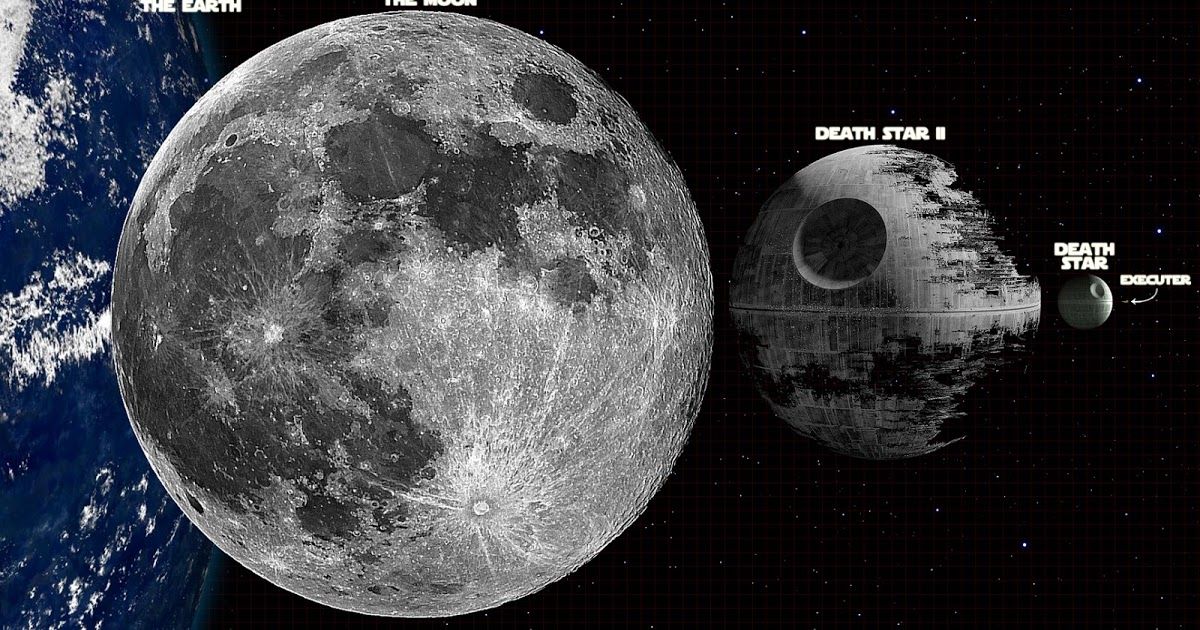Page 10288
Jan 21, 2017
China Says Its World-First ‘Exascale’ Supercomputer Is Almost Complete
Posted by Bryan Gatton in category: supercomputing
If you’ve never heard of an exascale computer before — known unofficially as a super-supercomputer — don’t worry, it doesn’t even exist yet.
But 2017 could be the year that all changes, because China just announced that its world-first exascale supercomputer prototype is due for completion in the coming months. If this thing works as it should, it will be the fastest computer in the world, capable of performing 1 quintillion (a billion billion) calculations per second.
The country’s National Supercomputer Centre announced this week that completion of their prototype is way ahead of schedule, and is expected to be completed in 2017, rather than 2018, as originally predicted.
Continue reading “China Says Its World-First ‘Exascale’ Supercomputer Is Almost Complete” »
Jan 21, 2017
Physicists may have just manipulated ‘pure nothingness’
Posted by Sean Brazell in categories: particle physics, quantum physics
It’s one of those philosophical questions we occasionally ponder: What is nothing? Can nothing be something? If not, then how can something come from nothing?
If there’s one scientific field on the forefront of such conceptual paradoxes, it’s quantum theory. And in quantum theory, nothing actually is something … sort of.
See, according to quantum mechanics, even an empty vacuum is not really empty. It’s filled with strange virtual particles that blink in and out of existence in timespans too short to observe. Nothingness, on the quantum level, exists on a level of intuitive absurdity; a kind of existence that is paradoxical but, in some conceptual sense, necessary.
Continue reading “Physicists may have just manipulated ‘pure nothingness’” »
Jan 21, 2017
Scientists are checking a nearby exoplanet for alien transmissions
Posted by Sean Brazell in category: space
Wolf 1061c is just a few blocks away, cosmically speaking, and alien seekers have begun a long-term campaign to look for signs of life there.
Jan 21, 2017
Technology for making Death Star Sized Structures will have technical feasibility in the next 20 years
Posted by Montie Adkins in categories: robotics/AI, space
I never heard of this sort of making bubbles. And the details given are slim. Anyone here of this?
The first Death Star had a diameter of between 140 and 160 kilometers. The second Death Star’s diameter ranged from 160 to 900 kilometers.
There are two near term technologies which could be applied to making Death Star sized structures:
Jan 21, 2017
How Microsoft’s Cortana will compete with Alexa
Posted by Sean Brazell in category: futurism

Tech Correspondent Samuel Burke sits down with Microsoft CEO Satya Nadella to discuss the company’s plans for its digital assistant Cortana.
Jan 21, 2017
Route Monkey working with NQIT to develop transport & mobility algorithms for quantum computers
Posted by Karen Hurst in categories: computing, information science, quantum physics
Nice and will be very useful for many in QC.
Scotland-based route optimization specialist Route Monkey, a unit of telematics and big data company Trakm8, is working on a new generation of transport and mobility algorithms for quantum computers.
Route Monkey already works with Heriot-Watt University in Edinburgh on creating and enhancing innovative algorithms for transport and travel (earlier post). The two are now joining forces with the Networked Quantum Information Technologies Hub (NQIT), led by the University of Oxford. Together, the three organizations will develop, test and commercialize quantum algorithms.
The leap forward in the capabilities offered by quantum computing opens up a whole new field. We can create algorithms that deliver even faster and more accurate answers, to ever more complex transport and mobility challenges.
Jan 21, 2017
Google’s AI is Learning to Make Other AI
Posted by Shane Hinshaw in categories: employment, robotics/AI
In Brief:
- Even though AI systems creating AI systems seems like the recipe for a Sci-Fi nightmare, experts agree that it could create a future with a less expensive and more efficient workforce
- The benefits of an AI-powered future might be outweighed by the jobs that the technology makes obsolete
Imagine the conflicted feelings of the machine learning expert who is creating artificial intelligence (AI) that they know will one day, possibly very soon, be able to create better AI than them. It’s the new age’s way of holding on to the time-honored tradition of having to train your own replacement. Machine learning experts are currently being paid a premium wage due to their limited numbers and the high demand for their valuable skills. However, with the dawn of software that is “learning to learn,” those days may be numbered.
Jan 21, 2017
The point of rebutting objections to rejuvenation
Posted by Nicola Bagalà in categories: futurism, life extension
This is, in my opinion, the real point of rebutting objections to rejuvenation.
If you’ve hung around here long enough, you probably know I have two pet peeves: ageing and money. If we assume the saying ‘Only two things are certain in life: death and taxes’ is true, then we’re forced to conclude that I advocate for the (indirect) elimination of the only two certainties in life. So, if you came here looking for certainties, I’m afraid you’re in the wrong place.
I’m (mostly) not joking. Lately I’ve been working a lot on the Answers to objections section, which together with a few discussions I’ve had on the Internet, got me thinking about the point of rebutting objections to rejuvenation. Generally, when I discuss the subject with somebody who’s not at all sold on the idea of rejuvenating people, I get the feeling they expect me to prove beyond doubt that nothing can possibly go wrong, either along the way between here and an ageless world or once that world has been reached. If my feeling is correct, opposers to rejuvenation may expect that my rebuttals are meant to prove that neither a post-ageing world, nor the journey to it, will present any problems or challenges.
Continue reading “The point of rebutting objections to rejuvenation” »
Jan 21, 2017
What if we could live in the Matrix?
Posted by Shailesh Prasad in categories: entertainment, virtual reality

Virtual Reality is not a new technology, it’s been around in various forms for decades, but enthusiasts believe it’s now on the cusp of a golden age. Driven by an increase in research money and significant advances in picture resolution and technical functionality, interest in the potential of VR is going well beyond the games and entertainment industry. The pairing of these developments with an exponential growth in certain technology sectors evokes scenarios of the future taken from the pages of sci-fi literature. VR pioneer Cosmo Scharf will paint his vision of our shared future.
More information on http://www.tedxvienna.at















